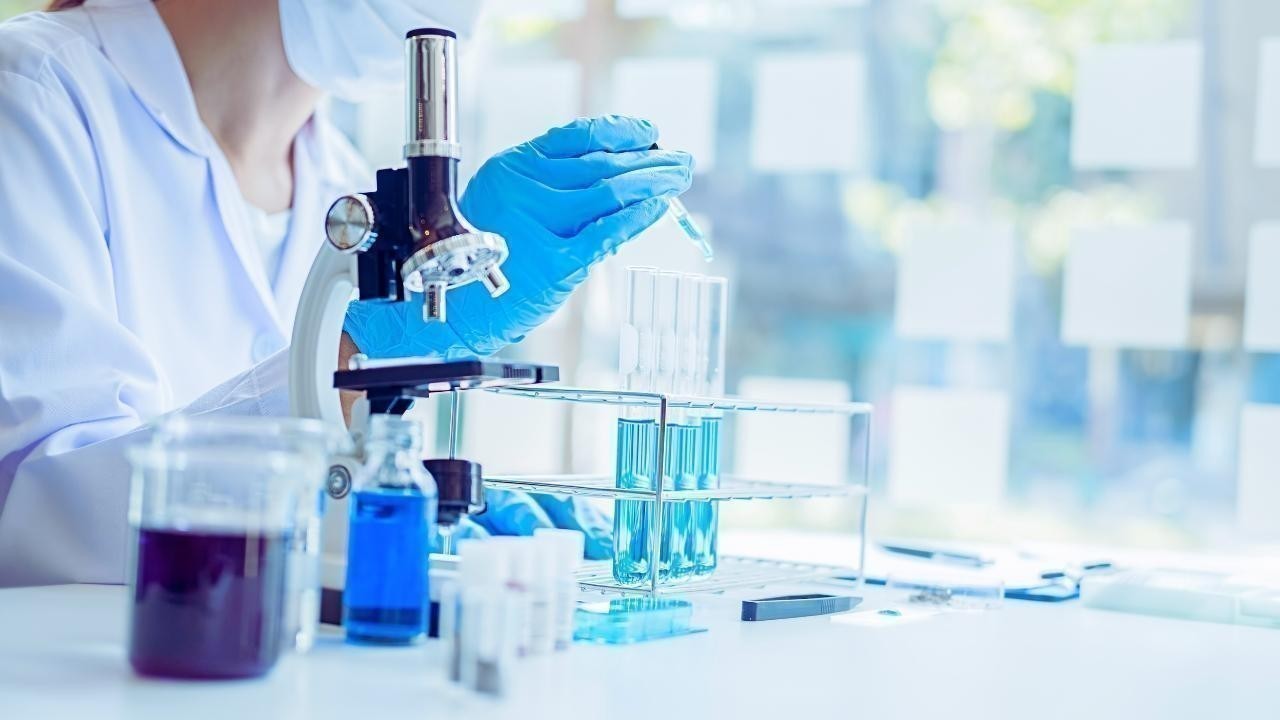
Post by : Anish
The year 2025 has already proven to be a defining chapter in scientific discovery. Across disciplines as diverse as regenerative biology, artificial intelligence, cancer research, and astrophysics, scientists and engineers are pushing the boundaries of what was once thought impossible. These developments not only promise to reshape industries but could redefine the human experience itself.
From extending lifespans by addressing blood aging, to AI systems solving math problems once deemed impossible for machines, the pace of progress is accelerating. Let’s explore six of the most impactful breakthroughs of the year so far—and understand why they matter for our collective future.
Aging has long been considered inevitable, but breakthroughs in 2025 are beginning to unravel its biological secrets. Researchers studying the human bloodstream discovered that after age 50, our blood stem cells often become dominated by a small number of genetic “clones.” This process, known as clonal hematopoiesis, increases inflammation, weakens the immune system, and raises the risk of heart disease and cancer. Understanding and potentially reversing this phenomenon could lead to therapies that maintain immune resilience well into old age.
Parallel to this, another remarkable discovery emerged from studies on the axolotl salamander, an amphibian famous for its ability to regrow lost limbs. Scientists identified a key gene, Hand2, that acts like a master switch for limb regeneration. Even more astonishing—humans possess this same gene, though it lies dormant. Unlocking it could open the door to regenerative medicine capable of healing severe injuries, repairing damaged organs, or even regrowing lost limbs.
The combination of these two discoveries paints a bold future: one where the human body’s natural repair mechanisms can be enhanced or reactivated, potentially extending healthy life by decades.
In the fight against cancer, 2025 has brought optimism through new forms of immunotherapy—treatments that harness the body’s own immune system to destroy tumors. One high-profile clinical trial targeting advanced melanoma used a combination of two drugs, nivolumab and ipilimumab, to produce remission rates that stunned oncologists. For some patients, the cancer not only shrank but disappeared entirely, raising hopes for lasting cures.
Meanwhile, the field of cell-based therapies is surging forward. CAR T-cell and CAR NK-cell treatments, which reprogram a patient’s immune cells to target cancer more precisely, are being adapted for a wider range of cancers beyond leukemia and lymphoma. Researchers are now testing them against solid tumors like pancreatic and brain cancers—diseases once thought nearly impossible to treat effectively.
The convergence of targeted drugs and genetic engineering of immune cells suggests that within the next decade, many forms of cancer could become manageable chronic conditions—or eradicated altogether.
Dentistry may soon undergo a radical transformation. Japanese researchers have moved into human trials with an experimental drug that could allow people to regrow missing teeth. The treatment works by blocking a protein called USAG-1, which normally inhibits tooth development.
This approach has already shown success in animal studies, where it triggered the natural formation of new teeth in mice and ferrets. If results in humans match expectations, it could revolutionize dental care. Instead of costly implants or dentures, patients could restore their smiles using their own biological processes.
For children with congenital conditions that prevent proper tooth development, such a therapy could offer not just functional benefits but also a profound boost in confidence and quality of life.
Artificial intelligence in 2025 isn’t just about chatbots and predictive text—it’s breaking into territory once considered uniquely human: deep reasoning and creative problem-solving. This year, AI systems trained by leading research labs achieved gold-medal performance in the International Mathematical Olympiad, a competition notorious for its brain-bending problems.
These systems succeeded by employing multi-step reasoning strategies, simulated “debates” between AI agents, and advanced reinforcement learning techniques. The feat demonstrates that AI can now operate at the level of elite human mathematicians, offering potential applications in engineering, theoretical physics, and even space exploration.
However, experts also warn that such breakthroughs highlight the need for strict ethical guidelines. As AI moves from solving abstract math puzzles to tackling real-world problems, ensuring transparency, accountability, and alignment with human values becomes essential.
The United Kingdom made headlines with the launch of Isambard-AI, a £225 million supercomputer designed to accelerate research across healthcare, climate science, and public safety. Powered by over 5,000 of the latest high-performance computing chips, it ranks among the most powerful AI-focused systems in the world.
Early applications include detecting early signs of skin cancer, monitoring livestock health to prevent disease outbreaks, and developing predictive wearables to keep workers safe in hazardous environments. Unlike many commercial AI systems, Isambard-AI is intended as a public resource, accessible to researchers across the country.
By committing such immense computing power to public-interest projects, the UK is setting a precedent for how nations can responsibly harness AI to address societal challenges.
Astronomy in 2025 continues to deliver awe-inspiring discoveries. The James Webb Space Telescope has detected signs of a potential exoplanet orbiting Alpha Centauri A—the star system closest to our own, just over four light-years away.
Using its advanced imaging instruments, Webb captured faint light signals indicating a gas giant that might reside within the star’s habitable zone. While more observations are needed to confirm the finding, the discovery fuels excitement about the possibility of life—or at least habitable environments—existing beyond our solar system.
This isn’t just a scientific milestone; it’s a cultural one. Finding a nearby planet with Earth-like conditions would change humanity’s understanding of its place in the cosmos and could one day guide interstellar exploration.
Individually, each of these breakthroughs is remarkable. Together, they suggest a future where human health, technological capability, and cosmic understanding expand at unprecedented rates.
Regenerative biology could redefine aging and injury recovery.
Cancer treatments may shift from palliative care to permanent cures.
Dental science might become fully regenerative, eliminating prosthetics.
AI could solve problems beyond the reach of human intellect.
National-scale supercomputers could serve the public good rather than private profit.
New worlds could be found just a short cosmic distance away.
The common thread is human ambition paired with scientific rigor—a combination that, in 2025, is rewriting the limits of what’s possible.
This article is intended for informational purposes only and does not constitute medical, financial, or technological advice. Readers should consult qualified professionals before making decisions based on scientific or technological developments.

Apollo Education Group Eyes IPO, Could Be Valued $1.7B
Apollo Education Group, owner of University of Phoenix, explores IPO or sale, potentially valued at

Federal Immigration Operations Stir Tensions in U.S. Cities
Armed federal agents target immigrant communities in Chicago and other cities, raising concerns over
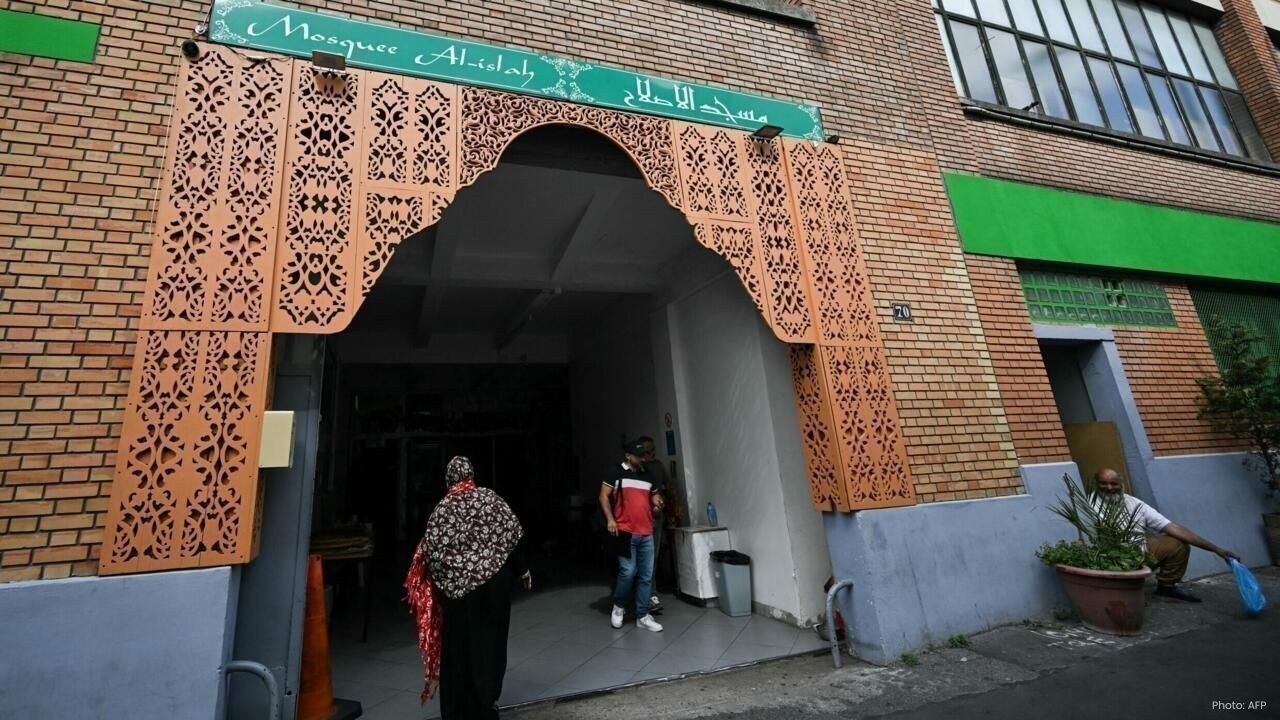
Serbia Arrests 11 Over Anti-Muslim, Anti-Jewish Attacks Abroad
Serbian police arrest 11 linked to mosque and synagogue attacks in Paris and Berlin, trained by fore
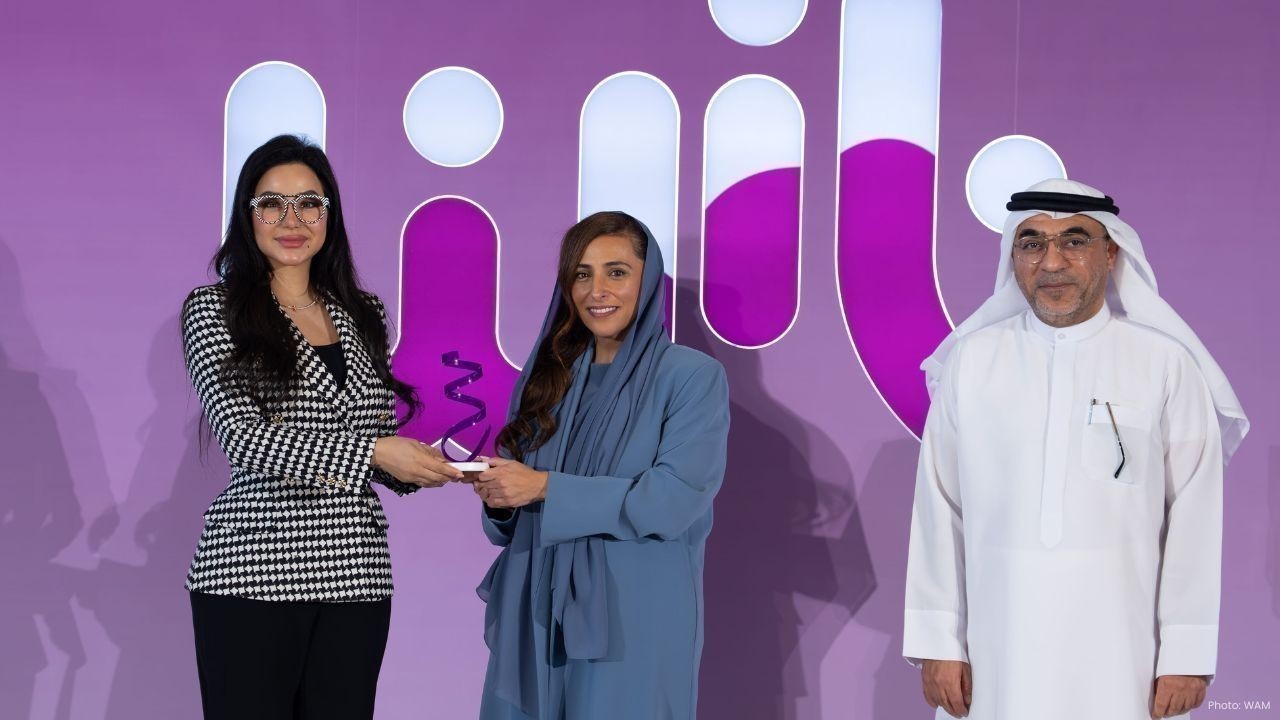
Sharjah Forum Spotlights Women Driving Technology Innovation
The 6th Women in Technology Forum in Sharjah highlighted women’s pivotal role in innovation, AI, rob
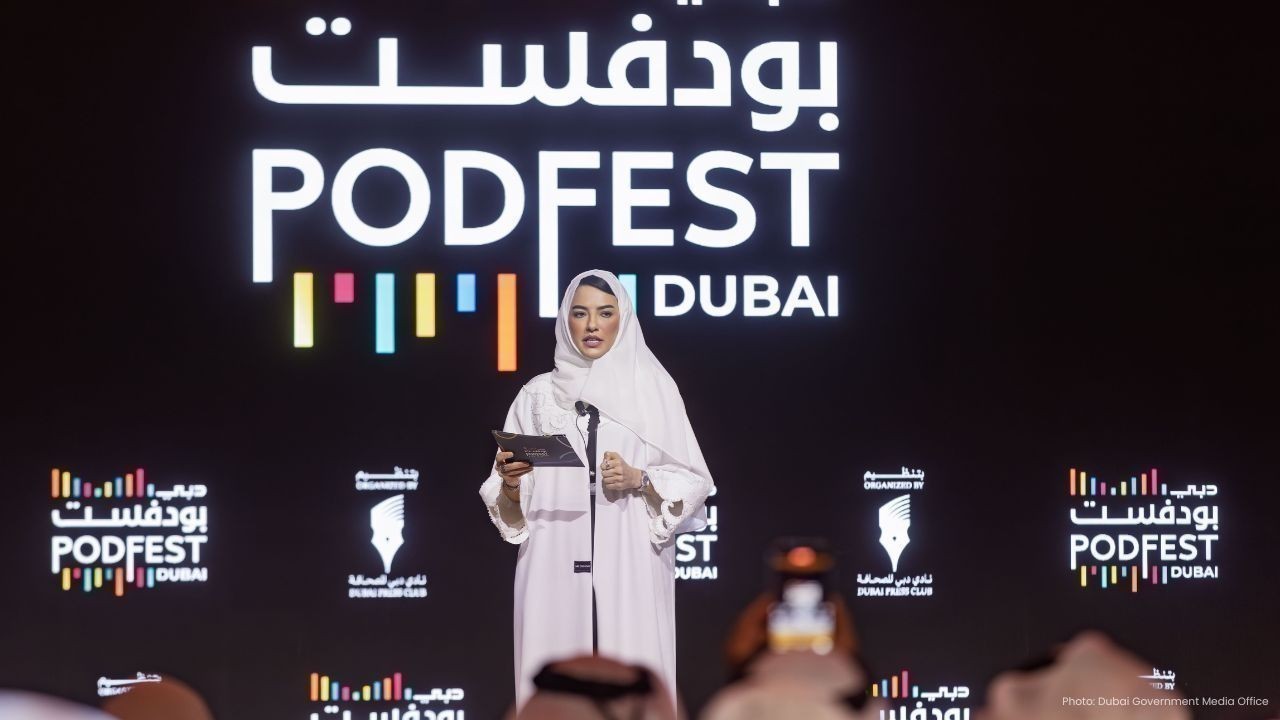
Dubai PodFest 2025 Unites 1,200 Creators Under Sheikh Ahmed
Dubai PodFest 2025 gathers over 1,200 podcasters, promoting Arab media growth and global digital con

Fluorescent Benzoxazole Compound Shows Promise Against Cancer
Russian scientists develop a new fluorescent compound that inhibits cancer cells, offering potential
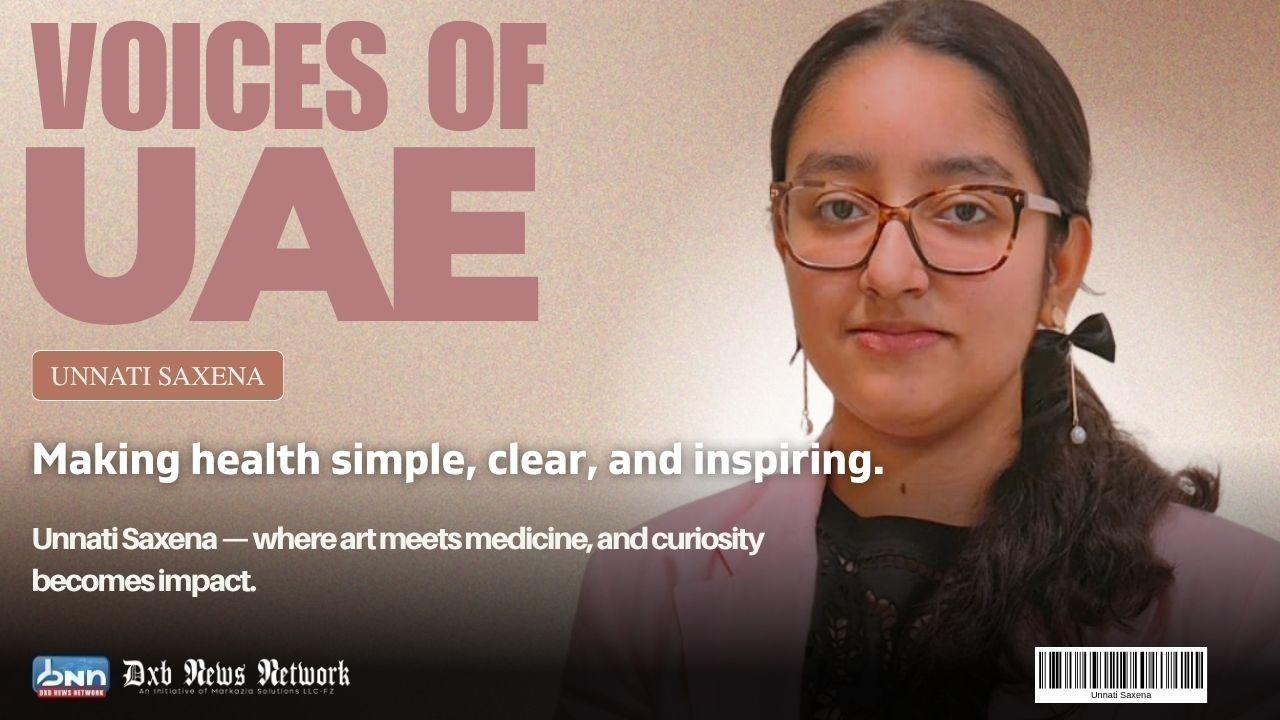
Beyond the Pulse: How Grade 11 student Unnati Saxena is turning art, science, and empathy into a future in medicine
From canvas to podcast—Unnati shares medicine in a way everyone can understand.

Lip Tanning & Sun Damage Causes Signs Prevention & Treatments
Learn about lip tanning and sun damage Discover causes signs prevention and treatments to keep your

Top Skin Whitening & Brightening Treatments in Dubai for Glowing Skin
Discover Dubai s top skin whitening & brightening treatments for radiant glowing skin with safe effe

Botox and Fillers in Dubai 2025 Complete Guide to Safe Effective and Natural Cosmetic Treatments
Discover Botox and fillers in Dubai 2025 Learn about benefits costs safety tips and top clinics for

Hydrafacial vs Chemical Peel Which Skin Treatment Gives the Best Glow
Discover the key differences between Hydrafacial and Chemical Peel and find the best skin treatment

“Laser Hair Removal in Dubai: Expert Guide to Smooth, Hair-Free Skin
Discover laser hair removal in Dubai. Learn benefits, costs, and tips for smooth, long-lasting, hair

Transform Your Skin Top Face & Skin Treatments for a Radiant Glow
Discover top skin and face treatments in Dubai to boost glow reduce wrinkles and keep your skin heal

The Rise of the Future Explore the Most Luxurious Futuristic City of Tomorrow
Discover a futuristic city where luxury technology and nature blend to create the ultimate modern ur

Stale and Tasty Food Inequality and the Divide Between Hunger and Health
Stale and Tasty highlights food inequality showing the gap between hunger and health and why equal